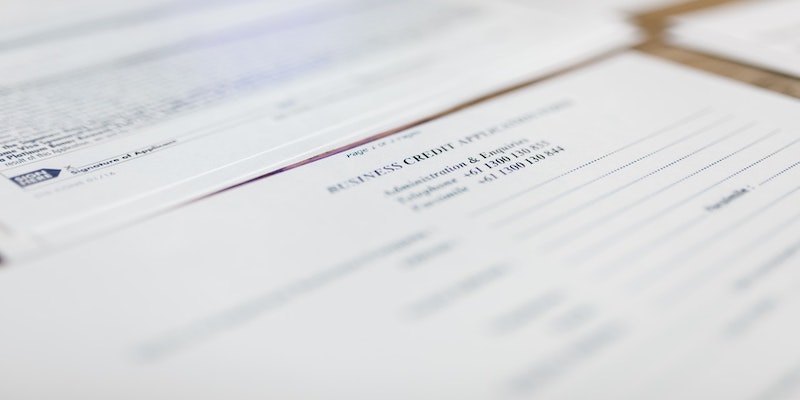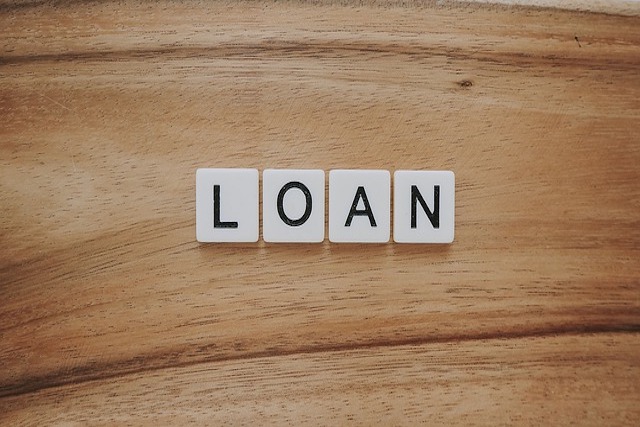Funding your own business can be a long and tricky process. With so much choice available, it is essential that company directors take great care to choose the funding source that is best for them. Despite the difficulties, obtaining additional capital is often a necessary part of running a company – since it allows the enterprise to grow and develop.
Just like personal loans, however, a business loan will need to be paid. If you find yourself in financial difficulty, you may find that you are unable to keep up with your instalments. Having to default on your loan means your company may have to endure serious consequences which can damage your reputation in the eyes of creditors.
What is a Default?
A default on your loan means you have failed to adhere to the terms and conditions and are now at risk of action from your creditors. The exact point at which this happens should be laid out in the loan agreement.
The default will usually be triggered after several payments have been missed or if you do not manage to make the instalments on time. Once the default has been activated, the loan agreement will be terminated and the lender will be able to take action against the borrower.
Types of Loan
There are two main types of loan, secured and unsecured. A secured loan involves you putting up something as collateral should the deal fall through. This can be anything from equity in the business, to a car, or even your house. If you default on your loan, the lender will be able to lay a claim to the collateral you offered.

An unsecured loan does not have any form of collateral attached. However, the borrower may have had to make a personal guarantee in order to secure the funds. A default on your loan in this scenario would mean the lender can take action against you personally – thereby ignoring the veil of limited liability.
Whichever type of loan you have, it is important to check the terms of the agreement before you actually agree to it, especially in relation to late or non payment. The interest rates applied and potential penalties will differ widely depending on the source of funding used and whether the loan is secured or unsecured.
Being fully aware of the process should you run into financial difficulties and either struggle to pay or default on your loan can help greatly when selecting the right loan for your business.
What Can Happen if you Default on your Loan?
There are a number of different consequences that can arise if you default on your loan. While the majority of these are applicable to all types of finance, some will differ depending on the type of loan you agreed.
Impact on Credit Rating
Defaulting on a loan can have a serious knock on effect on your credit score. This can make it extremely difficult to access funding in the future, especially when it comes to business loans. It could also hamper your future business dealings as well, since many firms will carry out credit checks on companies they are thinking about working with.
Even if you are able to obtain credit while the default is on your history, you may find that the terms of the loans are a lot less favourable. This is because you will be seen as posing an increased level of risk to lenders. As a result, you may be charged higher interest rates or be asked for a personal guarantee to ensure your loan application is accepted.
Legal Action
In the event that you default on your loan, the lender can take legal action to reclaim the value of the finance deal, plus any outstanding costs, interest and fees. This will usually be a costly and lengthy process for your business and in some extreme cases could even see a business owner having to file for bankruptcy.

Seizure of Assets
Should you have taken out a secured loan, including any form of asset-based lending, your borrowing will be secured against a specific item or property. While this acts as a safety net for the lender, it does mean that assets such as commercial property, vehicles, equipment and machinery are at risk if you default on your loan.
Defaulting on a Personal Guarantee
If you default on your loan that was secured with a personal guarantee, the lender will be able to pursue you for the debt – rather than just your company. Should their claims be upheld, the lender can gain access to your personal assets to cover the debt and any outstanding interest, as well as court costs and late payment penalties.
How to Prevent a Default on your Loan
Ultimately, it is usually possible to avoid defaulting on your loan if you are diligent with your business finances. If you start experiencing difficulties in keeping up with your payments, it is essential that you speak with your lenders as soon as possible.
This is because the majority of lenders should be willing to work with you to come up with a workable solution for everyone – whether it be lower monthly repayments, a lower interest rate or an agreement to pay off the full value of the loan, but at a lower amount. Having to pursue borrowers for unpaid loans is extremely time consuming and costly for lenders, meaning they should be extremely willing to come to an amicable resolution.
Expert Guidance from Inquesta
If you are experiencing financial difficulties, it is essential to seek expert assistance as soon as possible, before the problem gets any worse. This is where Inquesta can help.
We will conduct a thorough review of your business and recommend what we believe is the best solution for you. Over the years, we have helped countless companies from all areas of industry turn their fortunes around, so we are perfectly placed to do the same for you.
The Inquesta team is also able to assist when it comes to choosing the right source of finance for your business. We have built strong and lasting relationships with a wide range of lenders – so we are confident that we can find the perfect solution for your circumstances.
For more information about how Inquesta can help, contact our team today or book a free consultation.


